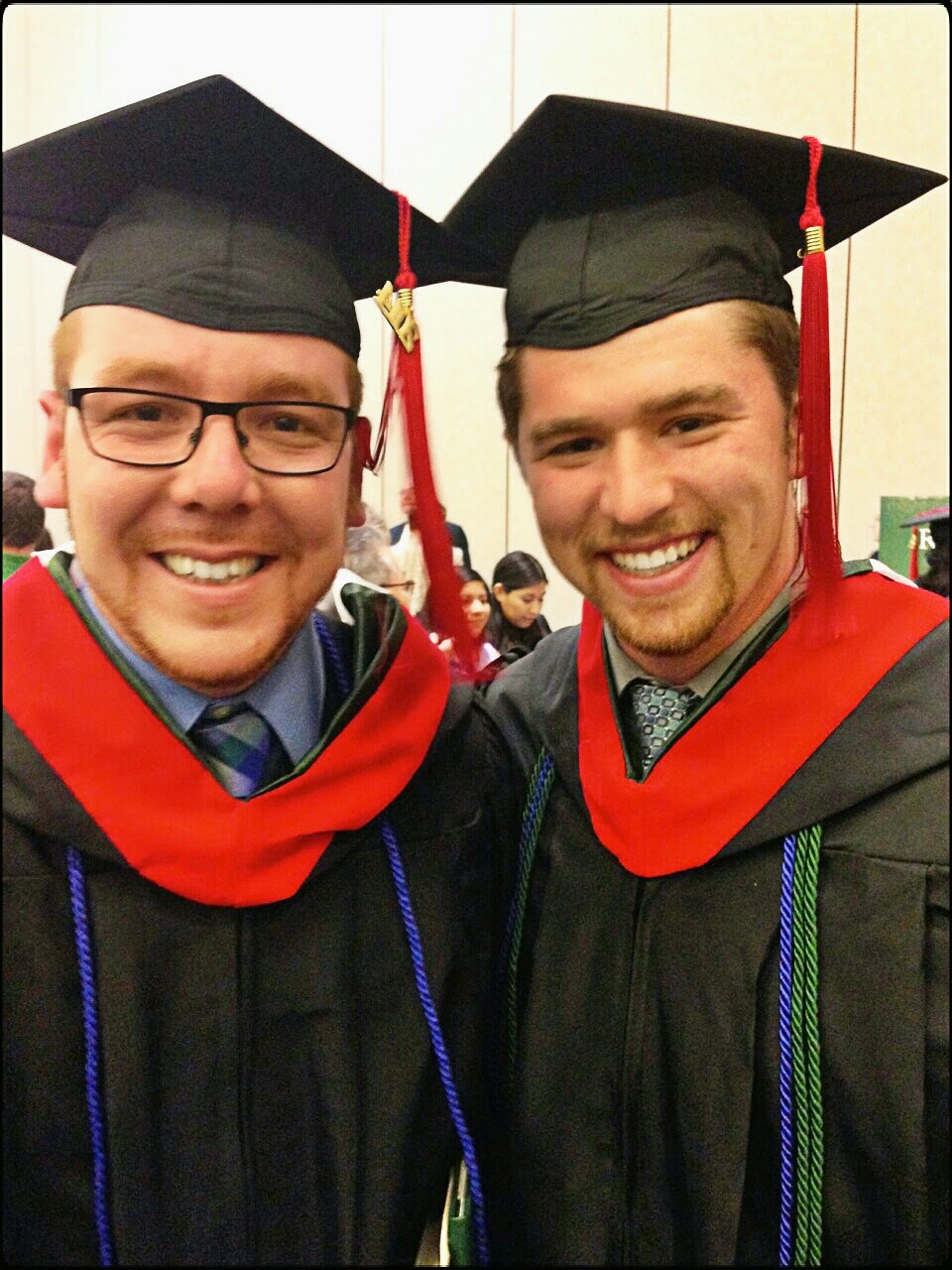Cynics, One and All!
We have all become cynics. If you don’t believe me watch the first half of a prescription drug commercial. No matter the amazing effects of the drug, your main thought will almost certainly be, “Just wait for the side-effects.” Of course our cynicism doesn't end with prescription medication. It's a defense against the unrelenting advertisements, 24 hour news cycle, and regular sex scandal revelations. Throw in some economic uncertainty and a political season that seems to be the unholy alliance of every reality TV show ever made and its no wonder why we aren't filled with optimism and trust. For the Christian Church this reality presents a unique problem; one with heartbreaking consequences. Its hard to imagine people in more need of the Gospel than the jaded masses we see around us, yet often the Church finds itself ill-equipped to take the opportunity.
It reminds me of something I heard on an episode of Dan Carlin’s Hardcore History. (A fantastic podcast by the way, I highly recommend it!) In the episode he is describing World War I. The War has gone down as one of the great horrors of world history in large part because the ideas and values used in fighting wars hadn’t yet caught up to the technological reality on the ground. Imagine men on horseback charging entrenched machine guns and being cut down in droves and you get a sliver of an idea. In my experience the Church is facing a World War I moment. We are facing a vastly different world than the one we spent a century learning how to reach and as a result millions of Christians in the West are being cut down because of it.
While this moment of cultural transition has implications on any number of important issues in the church, in this post I would like to reflect on those implications and their relationship to the tradition of preaching.
While this moment of cultural transition has implications on any number of important issues in the church, in this post I would like to reflect on those implications and their relationship to the tradition of preaching.
Anything Fake is Worthless
While no one person can express the single right way to preach in an age of cynicism, there is one guaranteed way to lose all credibility. Be fake. If its fake, its worthless. We know this. A print of the Mona Lisa isn’t expected to sell for more than a few dollars. Authors are blacklisted if they try to pass someone else’s work off as their own. How then can we assume that the world we inhabit will suddenly drop those values at the Church door? We shouldn’t even desire it. Authenticity is a privilege. It is the chance to showcase the very fingerprints of God. Its the only thing that makes what you are saying worth hearing. If I want to learn doctrine or theology I’ll go read a book. I guarantee Luther, Calvin, and Wesley all expressed the gospel better than you can. Furthermore if I want to hear a great sermon, I have this nifty gadget in my pocket that gives me access to every sermon from every great (and not so great) preacher who has preached a sermon in the last 20 years. Pretty sure I’ll find one thats more passionate, practical, funnier, and probably better-looking. But the one thing that I can't get is you. The one person God decided should be here, in this place, right now.
This means that every sermon has to reveal something about the preacher. A nugget of truth that reveals your heart, as a real person. It also means that a preacher, in today’s world, has to be self-aware. Are you nerdy? Are you awkward? Can you shoot hoops with the best of them but can’t remember names to save your life? Know the oddities that make you who you are and embrace them. Then make them part of your sermon. Tell people about that dumb thing you did while doing yard work last weekend. Rant about your ridiculous pet peeve. Be You! While you are being you, tell me about Jesus and what you learned about him this week. The only way to make God real in my life is to show me your real life and how God relates to it.
This by no means diminishes the importance of study. On the contrary, make it your hobby; your joy. Go deep and relish those depths. Then tell me about what you learned the way you would tell your mechanic brother. Be informally confident. You don’t have to be stiff. You don’t have to repeat the same sentence over and over. Should you know the idea you want people to remember? Of course! But let that idea emerge logically and organically rather than beating it over the audience’s head again and again like the phone number on a scuzzy law firm’s TV commercial.
If we are to communicate to a world of cynics, we must be radically authentic; force out any vestige of formalism that has weaseled its way into our church and our communication. Preachers are not talking to people that need the higher knowledge they alone can provide. Instead they are communicating with equals. Maybe there was a time when a preacher could play the role of a learned superior generously bestowing knowledge upon their ignorant flock. That day is gone. Its not coming back.
(Post was edited in order to shorten and improve the content.)
(Post was edited in order to shorten and improve the content.)
Follow-up Recommendation:
Preaching by Tim Keller:







